artificial intelligence smart city
AI-Powered Smart Cities: Building the Future of Urban Living
Smart cities are no longer a dream of the future, but a rapidly developing reality. Because the world is becoming more urbanized, problems that face any city are growing exponentially: city resource management, traffic issues, and public safety. Artificial intelligence plays a multifaceted role in the alleviation of these problems: making a city operate efficiently, sustainably, and safely. Here in this blog post, we will see how AI-powered smart cities are transforming the way people live by optimizing the management of traffic, energy consumption, public safety, and solid waste, and the impact on urban planning and sustainability.
What Are AI-Powered Smart Cities?
This pushes up the quality of life for its residents and simplifies city management, making places more sustainable. AI is at the heart of these developments by processing voluminous amounts of information in real time to help optimize the working of critical urban systems from smart traffic lights that respond with changes in road condition to smart grids, whereby the energy grid provides the right amount of electricity at the right time based on demands to smart waste management.
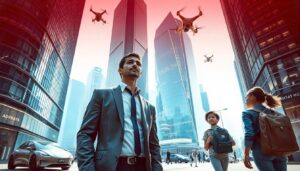 This makes data analysis, prediction, and process automation by AI perfectly suited for solving the complex and interrelated problems that cities face today.
This makes data analysis, prediction, and process automation by AI perfectly suited for solving the complex and interrelated problems that cities face today.
1. Optimizing Traffic Management
One of the more visible and salient examples of AI implementation in a smart city is traffic management. As growing urban dwellings are suffering from congestion in traffic everywhere in the world, these challenges are being eased out by AI-based platforms by making traffic movement more efficient.
Role of AI in Traffic Flow Optimization:
- Adaptive Traffic Signals: Using artificial intelligence, traffic patterns can be tracked in real-time and the traffic light signal timings can be adjusted to optimize vehicle movement. For example, if suddenly there is a spate of car movement on a particular route, AI can change the signal timing to decongest the same.
- Predictive Analytics: It uses data on sensors, cameras and devices with GPS to predict traffic congestion ahead of time. City authorities can take preventive measures such as re-routing the traffic or adjusting the public transport schedules.
- Autonomous Vehicles: Artificial Intelligence-powered self-driving cars will further help optimize the system by bringing down human error, optimizing routes, and minimizing accidents.
Like Singapore and Los Angeles, cities where AI-powered traffic management systems are already in place with tremendous reductions in travel time and vehicle emissions, the overall urban experience has improved.
2. Energy Efficiency and Smart Grid
The more the city develops, the greater the thirst for energy it tends to have. Here is where AI could be that game-changer in bettering the management of its use and helping the city move towards greener, much more sustainable models.
 AI and Energy Management
AI and Energy Management
- Smart Grids: AI is used for balancing the supply and demand of electricity by forecasting usage times, hence providing equidistributional of energy loads. For instance, AI can control non-essential usage of electricity, such as dimming streetlights or cutting power to specific buildings, during the time of peak usage.
- It also integrates renewable energy, which includes solar and wind. AI enables the city to calculate the amount of energy it generates and demands, thus ensuring proper usage of its renewable energy sources to maximum efficiency, hence minimizing carbon footprints in cities.
- Energy Efficiency in Buildings: AI can sense energy usage by buildings. It adjusts heating and cooling based on occupancy and weather conditions and controls lighting. This reduces waste and huge savings.
- Cities like Copenhagen have embraced AI-based energy control systems, and it is possible to see their high savings in energy consumption while increasing the use of renewable energy sources.
3. AI for Better Public Safety
Public safety is the biggest concern of any city. AI can actually help make a city safer with predictive policing, intelligent surveillance, and emergency response systems.
AI towards Safe Cities
- Predictive Policing: AI algorithms interpret crime patterns to predict a place and time where crimes will likely happen. Consequently, the policing force can reallocate resources and take proactive measures to prevent such incidents before the worst happens.
- Including surveillance and monitoring, AI-based cameras fitted with facial recognition features can track and monitor the activities of people in public spaces and detect threats in real time. The systems can alert proper authorities if in case there was suspicious activity or events that need urgent attention.
- Emergency Response: AI will predict natural disasters, organize routes of response, and provide immediate updates as the crisis unfolds. For instance, AI-powered drones can survey areas in disaster zones, which in turn means information that can help first responders act quickly and efficiently.
AI has already been incorporated in crime prevention and disaster management systems in cities such as New York, thus ensuring improved response times and public safety.
4. Intelligent Waste Management
As cities grow, so do they in waste. The pathway towards a clean and sustainable society highly depends on efficient waste management, and AI is rushing to cities’ rescue.

AI-Driven Solutions in Waste Management
- Smart Bins. Waste collection rates are enhanced greatly through AI-enabled sorting bins for recyclables and non-recyclables. The bins can also be programmed to automatically notify the waste collection service when their bins have been filled, which actually improves collection routes and saves on fuel.
- Pattern Analyses of Waste Generation: AI allows for the analysis of the patterns generated by waste in the city’s zones, hence enabling municipalities to plan better strategies for disposal. This usually means that resources are used more judiciously, with no undue travel and no unnecessary labor.For example, in Barcelona, AI-enabled waste management systems help in cutting down the costs associated with waste collection while maintaining higher rates of recycling in the city.
Implications for Urban Planning and Sustainability
AI-powered smart cities promise improvements in quality of life, but they will also change urban planning and sustainability dynamics for a long time to come.
- Applying AI to think over vast datasets on population growth, traffic, and other such elements would lead to data-driven decisions in urban planning; thus, bringing forth a better design for cities by having efficient transportation systems, green spaces, and the best structure for infrastructure.
- Sustainable development is one of the very important roles that artificial intelligence plays in smart cities, since it reduces energy consumption and waste as well as assists in resource management and can actually help cities to reach carbon reduction goals, or even help in possibly mitigating the environment.AI makes the city integrate well with varied conditions as it calls for more sustainability, so it assists in bringing out a better health and well-being condition among the residents.
Challenges and Concerns
Though the promise of AI Smart Cities is tremendous, following are challenges go with it:
- Data Privacy: The tonnes of data being collected by AI and smart technologies raise privacy and surveillance concerns. Cities ensure that data collection is transparent and secure.
- Digital Divide: Smart city technologies may not be available to every single resident. Governments should bridge the digital divide so that smart city advancement does not surpass the reach of all residents.
- Ethical AI: Cities must invest more in the development of ethical AI systems. Bias needs to be avoided and the decisions taken by AI machines need to be made based on justice and fairness.
Conclusion
AI-enabled smart cities are changing the style of urban living-sustainable, efficient, and safe. It ranges from optimizing traffic flow and energy use to public safety and waste management, all being the heart and soul of the smart city revolution. Consequently, city planners and policymakers must be sure that AI keeps developing responsibly, with sustainability in mind, inclusivity, and respect for personal privacy.
The future of urban living is intelligent and AI’s here to lead it.
Important Link
- How did Kris Kristofferson die
- How to sign in bank of America online
- Millie Bobby Brown and Jake Bongiovi: A Love Story for the Ages
- India Women vs South Africa Women Cricket Match 2024
- Is Iran attacking Israel
- What happened to John Amos
- How many leagues are there in sports
- What are sports leagues
- How many times India beat Bangladesh?
Disclaimer: chronobazaar.com is created only for the purpose of education and knowledge. For any queries, disclaimer is requested to kindly contact us. We assure you we will do our best. We do not support piracy. If in any way it violates the law or there is any problem, please mail us on chronobazaar2.0@gmail.com

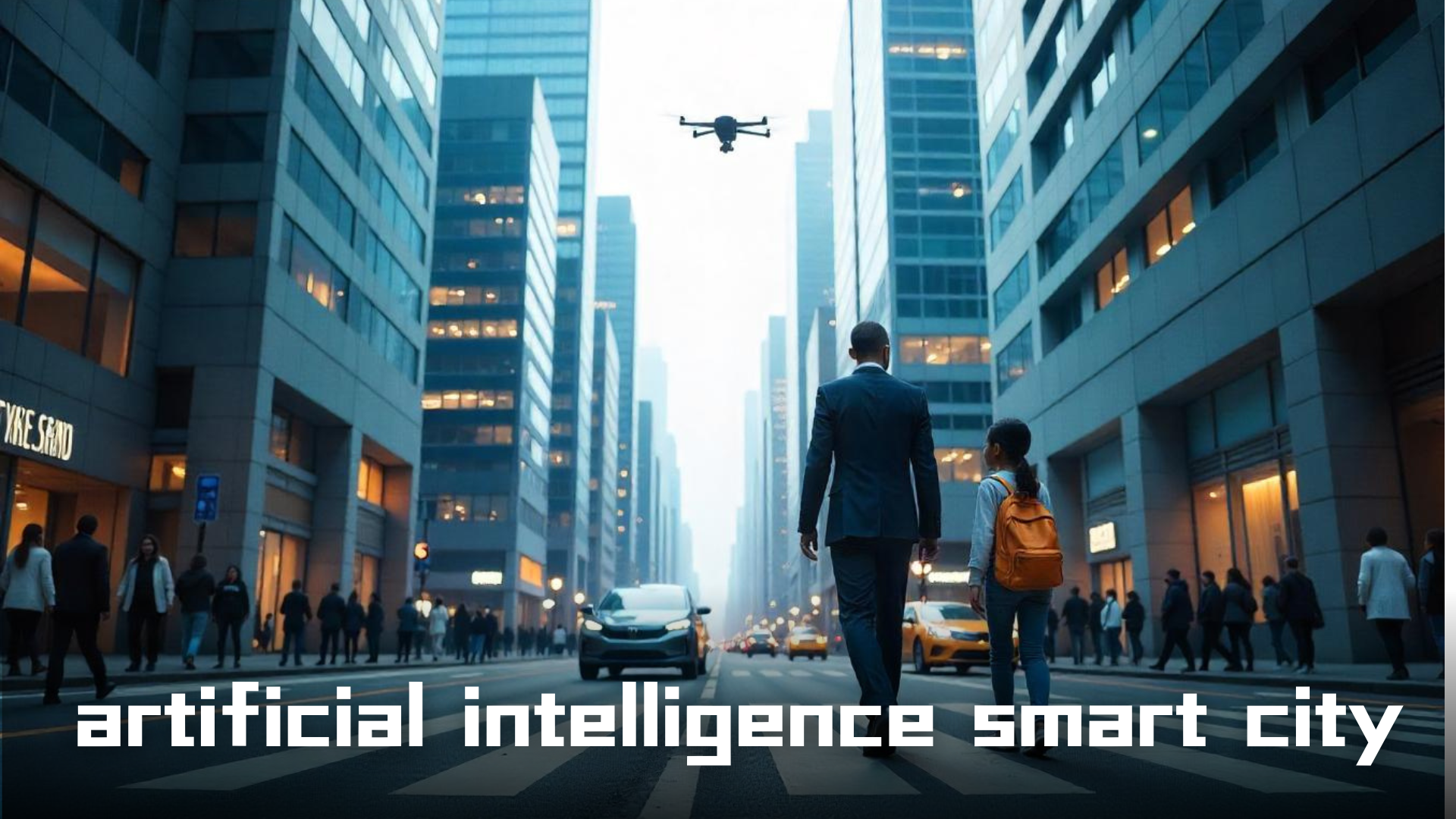
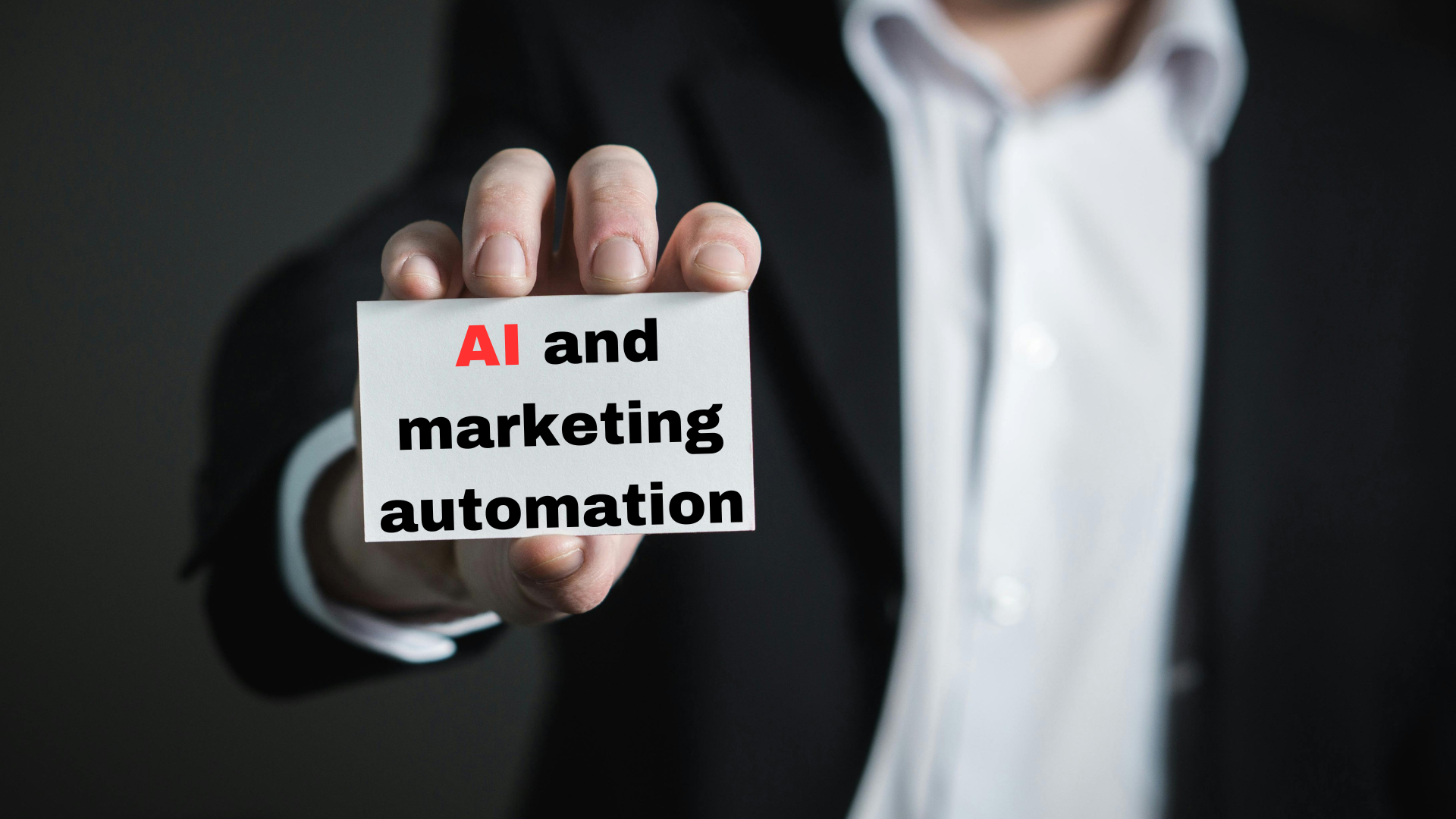
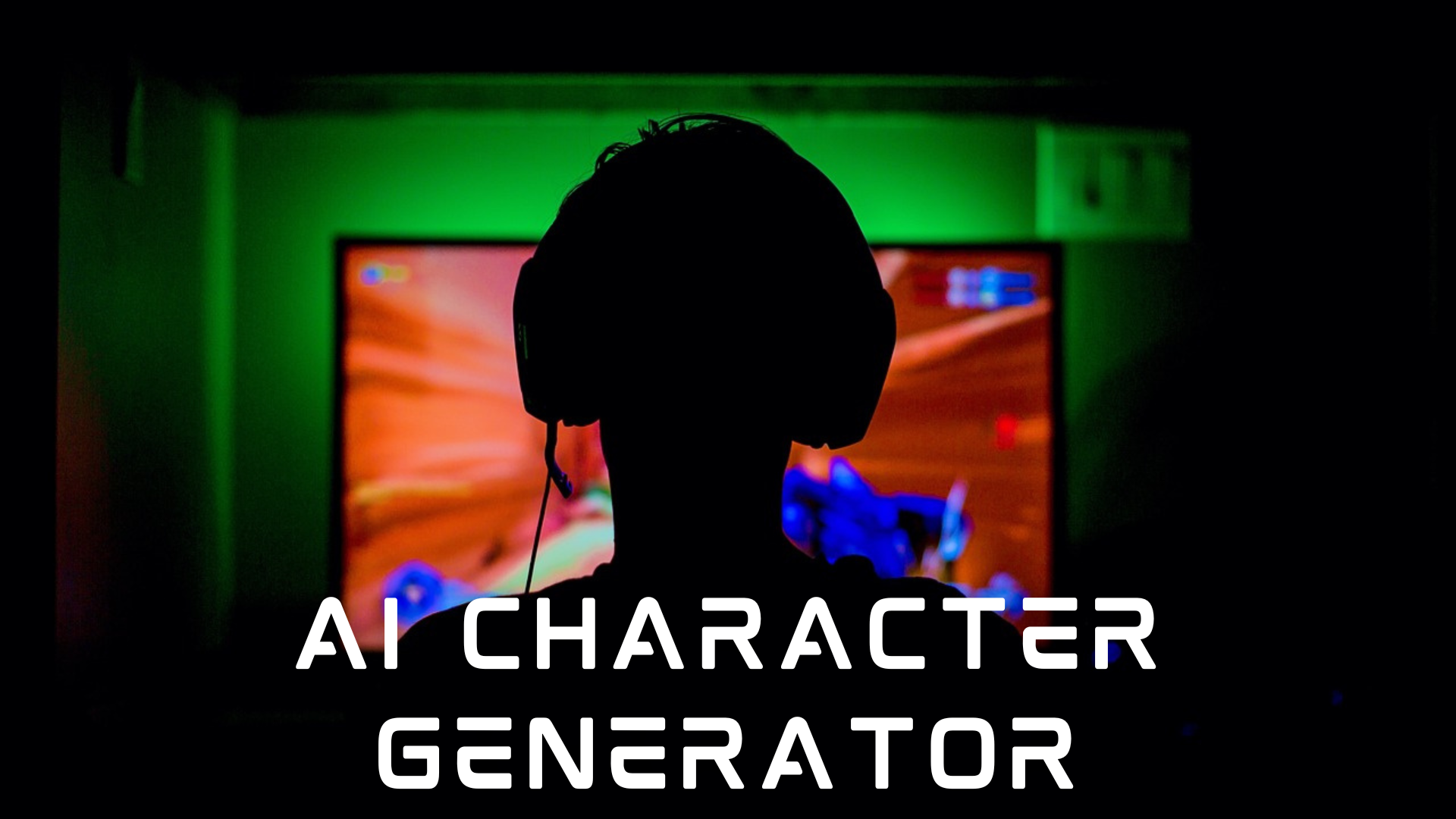
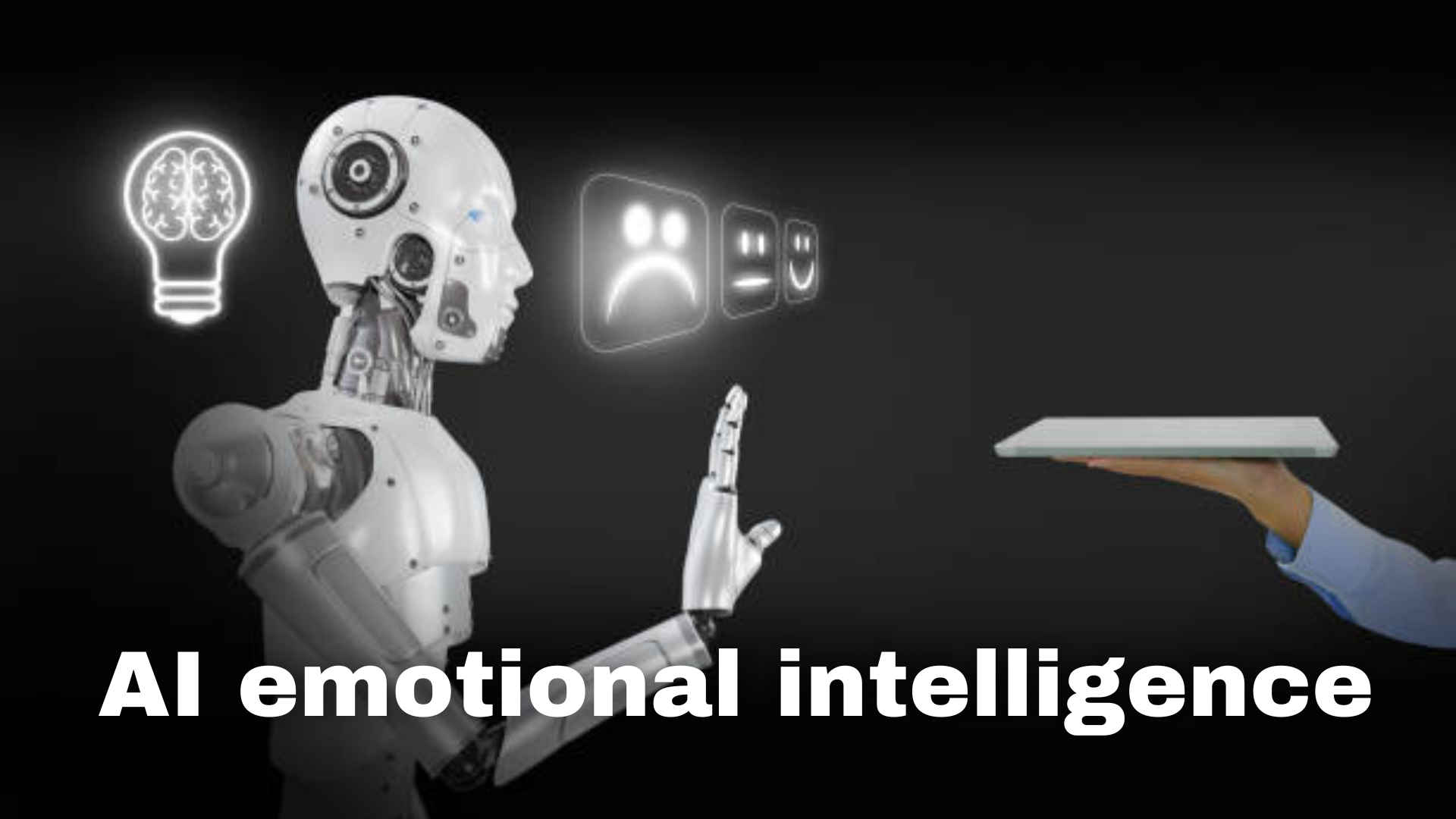
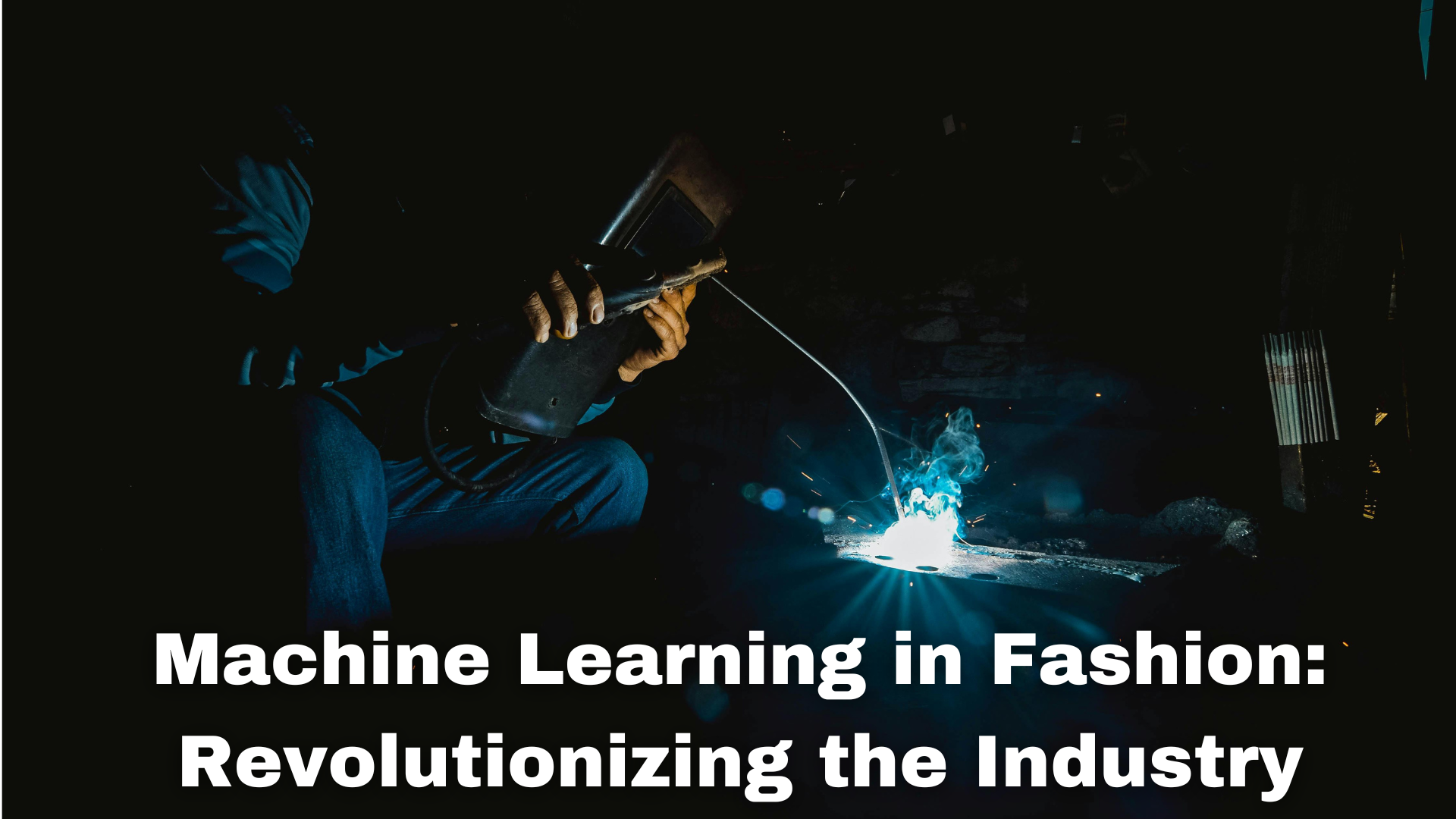
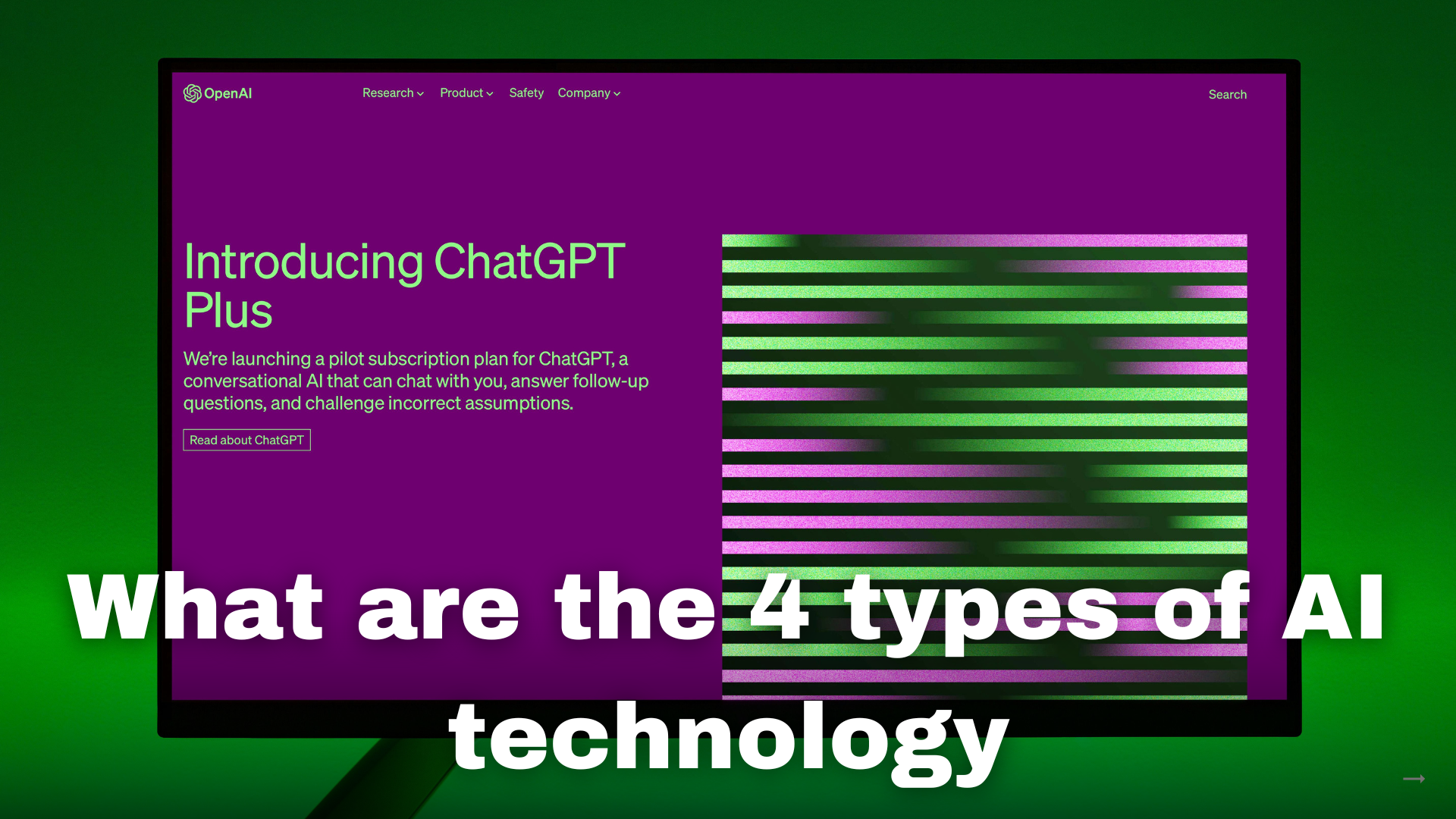

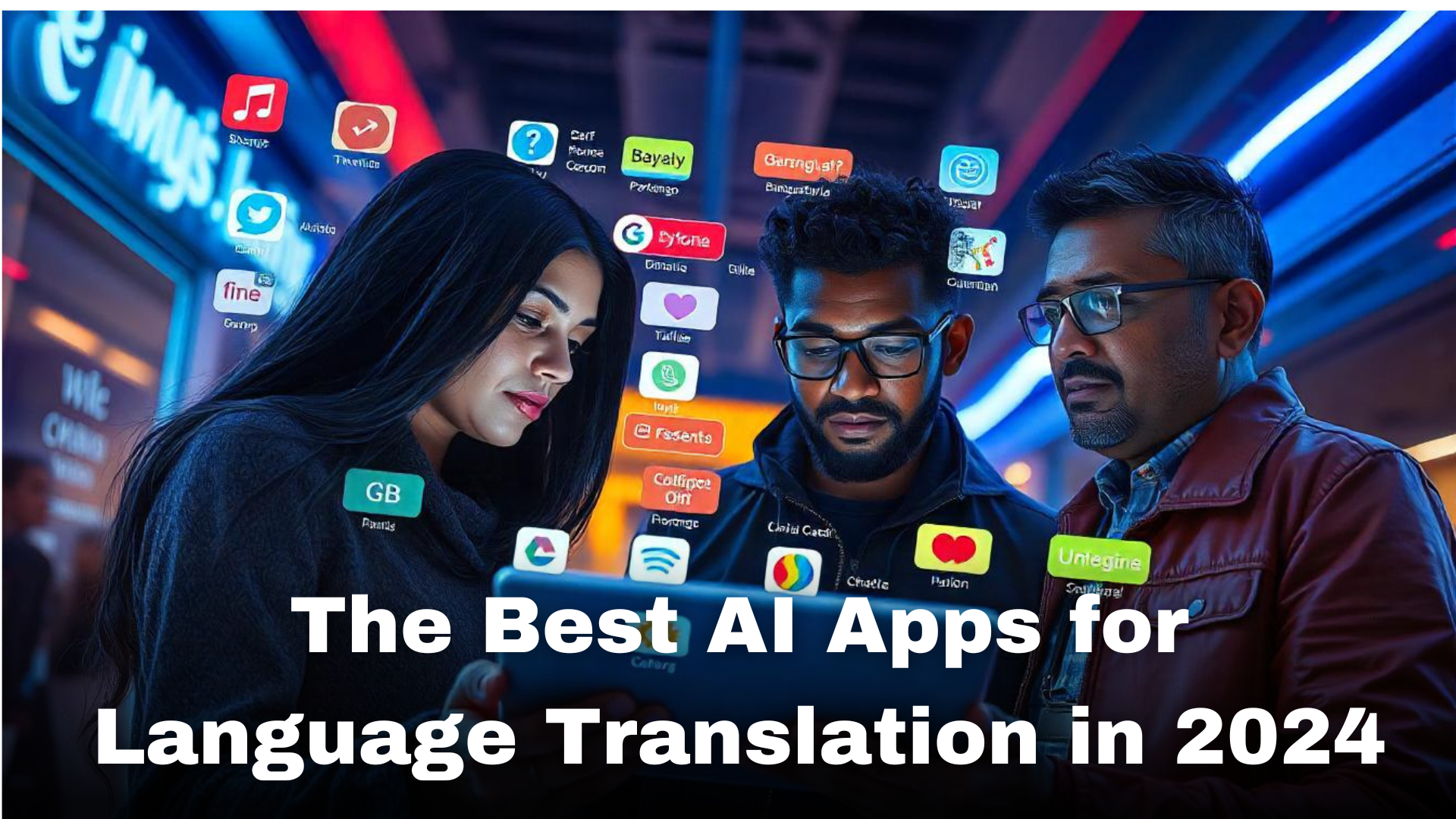
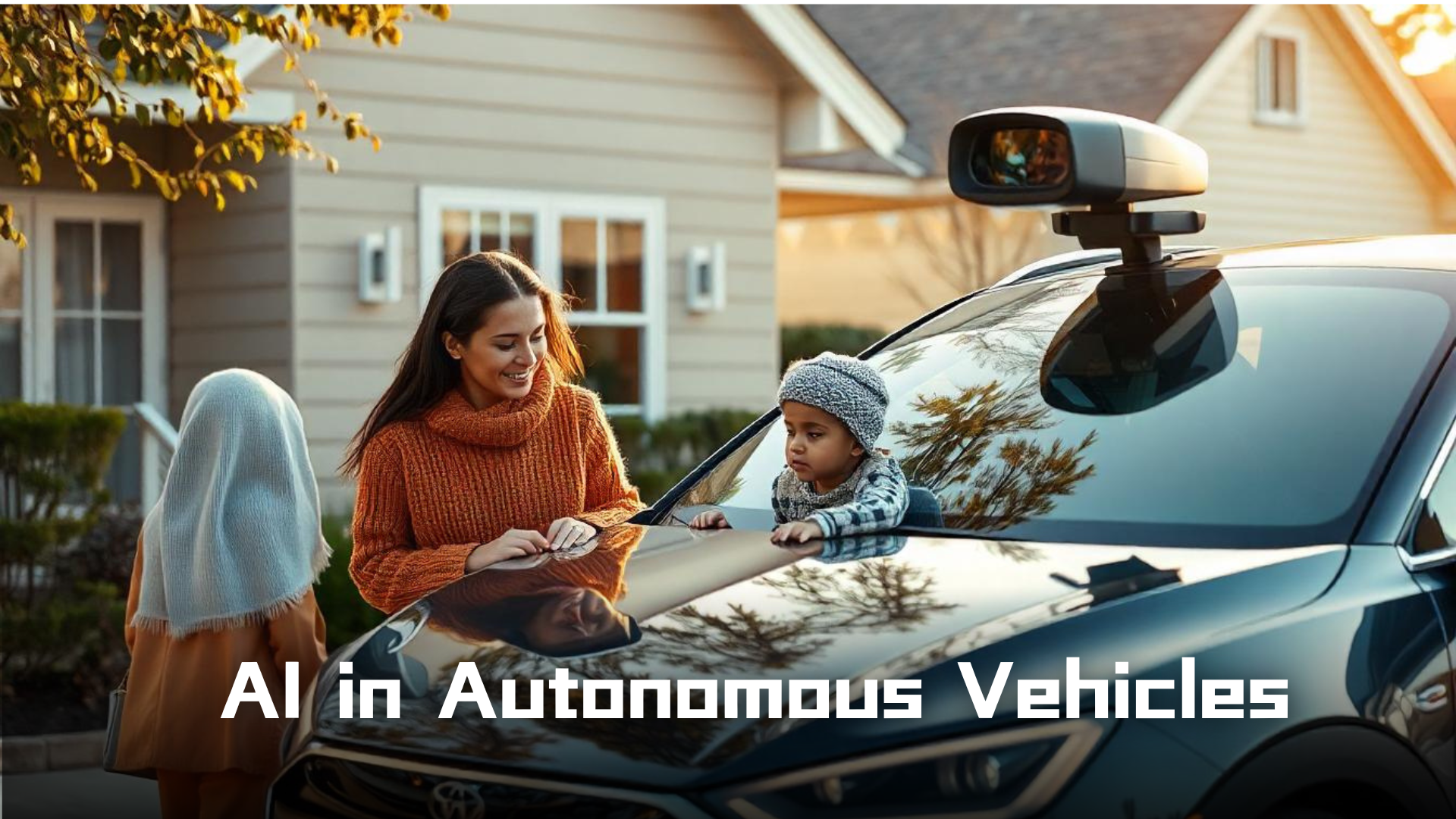

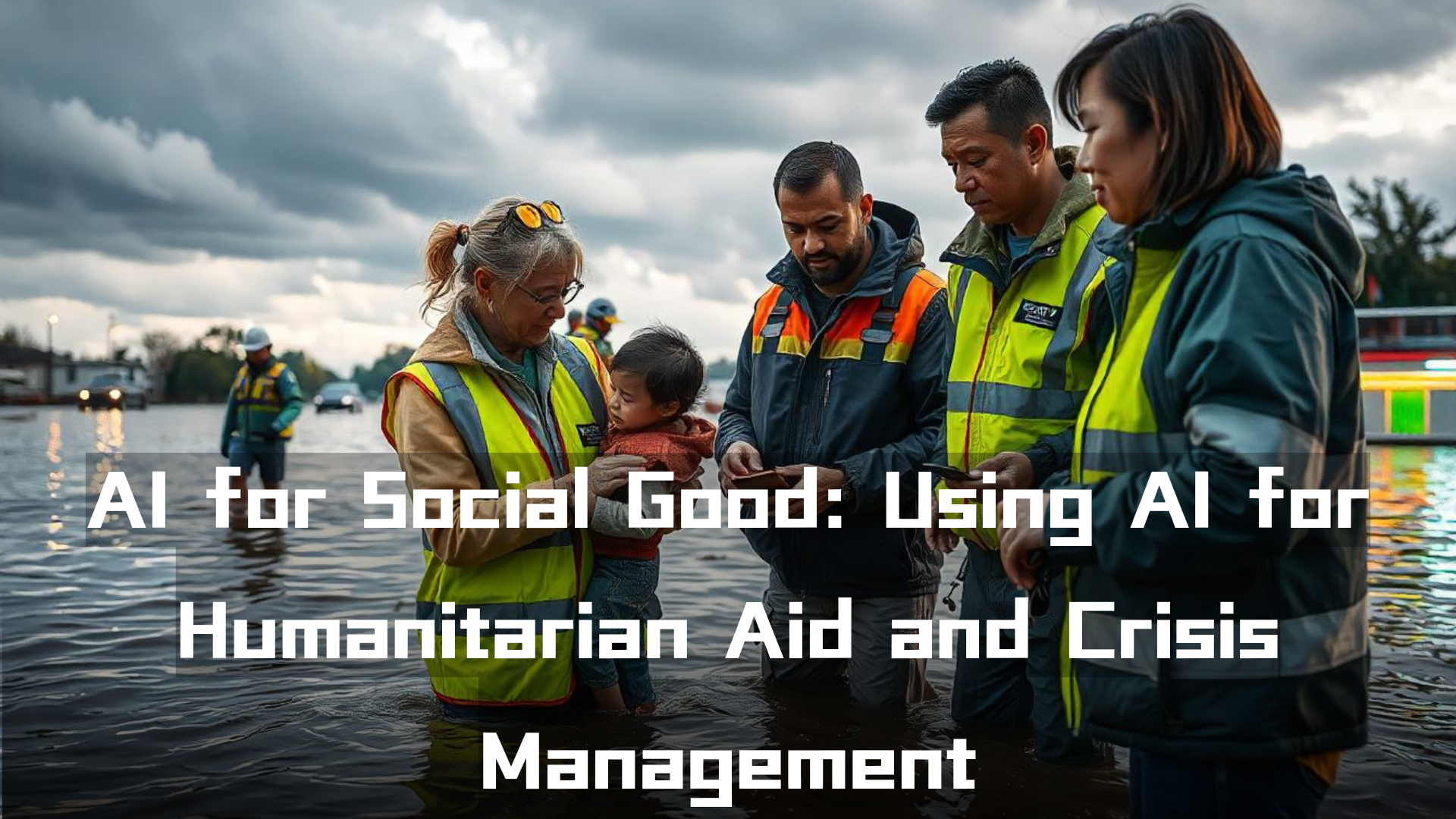


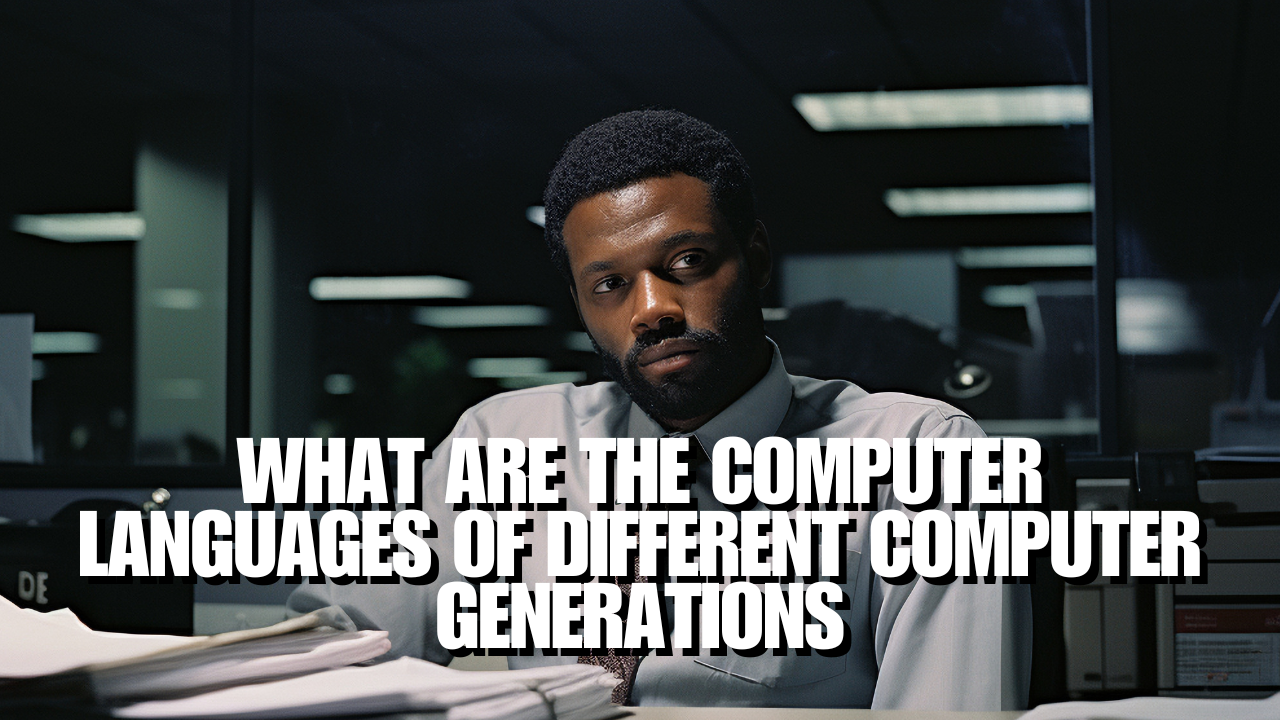

Leave a Reply